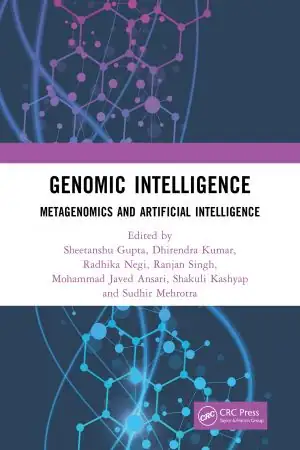
Microbiome Modification: The Superorganism for Good Health
- Length: 276 pages
- Edition: 1
- Language: English
- Publisher: Mercury Learning & Information
- Publication Date: 2024-03-06
- ISBN-10: 1501522442
- ISBN-13: 9781501522444
- Sales Rank: #0 (See Top 100 Books)
This book is designed as a comprehensive guide for healthcare professionals, holistic practitioners, individuals seeking improved health, and anyone interested in a science-based approach to well-being that emphasizes cooperation with nature rather than dominance. It bridges the gap between the physiological and psychological impacts of stress on the microbiome, offering both theoretical insights and practical applications for a healthier future. The book challenges the prevailing narrative of disease and pathology by shifting our understanding towards health. It introduces readers to the awe-inspiring world of the microbiome, revealing that our bodies are not just individual entities, but superorganisms intricately connected to trillions of microbes. These microbes, outnumbering our own cells 10 to 1, create a complex and diverse ecosystem that plays a fundamental role in shaping who we are. The author’s exploration of this new understanding reshapes our perception of humanity, emphasizing that we are no longer just “I” but rather a collective “we.” The book underscores the critical importance of nurturing a healthy inner garden for our microbiome to flourish as the primary means to create health.
FEATURES:
- Discusses the microbiome’s significance in multiple aspects of human health, including the gut-brain connection, skin microbiome, and cellular regulation
- Offers practical advice on how to modify your microbiome through dietary choices, including the incorporation of fermented foods and probiotics
- Details microbial perturbations associated with specific diseases, from chronic illnesses like fibromyalgia to mental health conditions like anxiety and depression
- Explores lifestyle factors, detoxification, emotional well-being, and their roles in maintaining a balanced microbiome
- Outlines a participatory model of healthcare, emphasizing personal responsibility within the context of a nature-centricapproach







